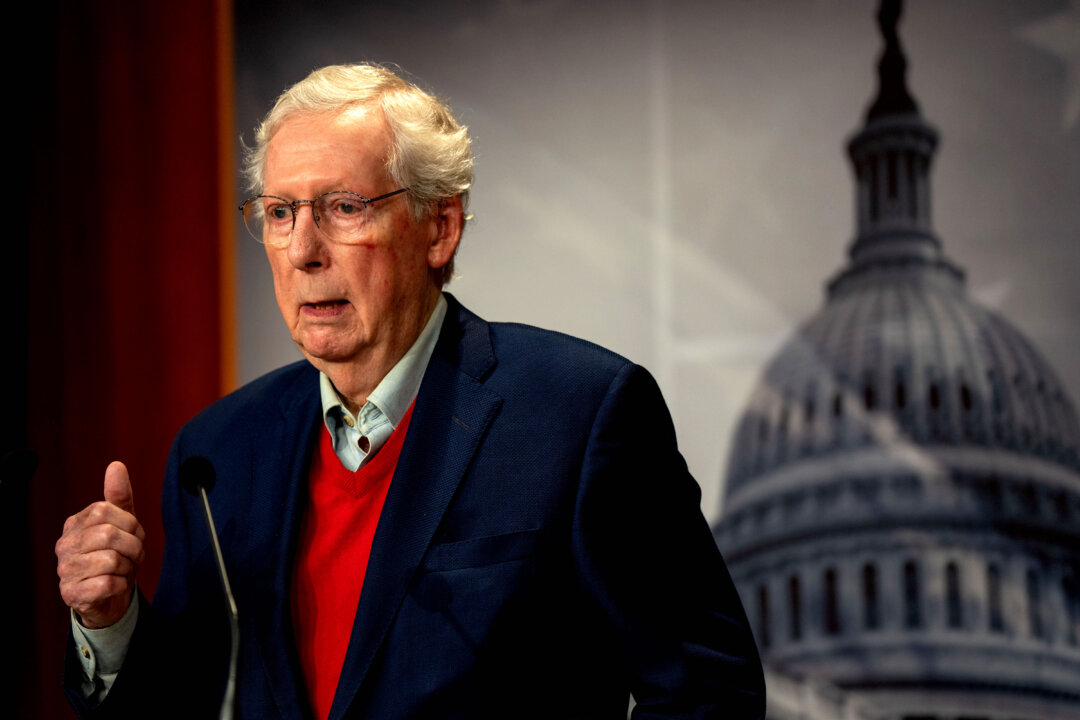
BARRACKS AND STRATEGY GUEST COLUMNIST On Nov. 12, Camp Melchor de la Cruz in Gamu, Isabela, celebrated the 53rd death anniversary of its namesake, Col. Melchor F.
de la Cruz, a valiant soldier whose legacy epitomized courage, dedication, and exemplary combat leadership. The headquarters of the 5th Infantry (Star) Division, Philippine Army, this camp’s area of responsibility spans the strategic regions of Cagayan Valley, the Cordillera Administrative Region, and the Ilocos Region. This camp was named in honor of a man whose life was dedicated to defending the nation, even at the cost of his own.
Col. de la Cruz perished in a helicopter crash on Nov. 8, 1971, along with six officers, leaving only one survivor.
At the time, he was the commanding officer of the 10th Infantry Battalion and deputy commander of Task Force Lawin. The tragic incident occurred while he was on a reconnaissance mission to preempt an insurgent attack and ensure the safety of the local election—a mission that reflects the enduring struggle against insurgent forces undermining democracy. In fact, the local communist movement has long used electoral unrest as a funding source, wielding threats to compel cooperation from local politicians.
The insurgency’s persistence has solidified the necessity of counterinsurgency efforts, which Col. de la Cruz embodied. An illustrious figure within the Armed Forces of the Philippines (AFP), Col.
de la Cruz was a pioneer in special units such as the Special Forces (Airborne) and Scout Rangers, elite groups specializing in unconventional warfare. His experience extended beyond local insurgencies to the battlefields of Vietnam as part of the Philippine Civic Action Group to Vietnam (PHILCON). His commitment and expertise were grounded in a warrior’s spirit that prioritized national security and counterinsurgency efforts.
The physical courage and commitment required to join elite units like the Special Forces (Airborne) and Scout Rangers stand as a testament to the dedication of soldiers like Col. Melchor F. de la Cruz, who was among the select few to survive the intense training and test missions these units demand.
Membership in these national strike forces is reserved for those who excel in the most hazardous conditions, with a training regimen that includes a prerequisite “test mission” involving direct combat engagement. Only soldiers who demonstrate unwavering courage and combat readiness graduate, with a significant number eliminated along the way due to the rigorous standards. In these units, combat leadership is essential, fostering a culture where physical and mental resilience are paramount.
These leaders are charged with the responsibility of responding to crises of grave urgency, embodying a “warrior spirit” that requires not only tactical expertise but also the capacity to confront fear and inspire those under their command. Col. de la Cruz’s ability to endure such demanding training and his later roles in these elite units underscore his valor and serve as a lasting example of the courage needed to defend national security.
Combat leadership is forged in the crucible of danger, uncertainty, and sacrifice. For commissioned and non-commissioned officers alike, leading troops into combat requires more than tactical skills; it demands resilience, an unyielding resolve, and the courage to overcome fear. Combat leaders cultivate a “warrior spirit,” a commitment to annihilate the enemy, win battles, and endure the physical and mental tolls of warfare.
Paraphrasing the words of Oliver Wendell Holmes, Jr., and Aristotle, soldiers are defined by the courage to persist in the face of death and the unyielding resolve to fulfill their mission. Col.
de la Cruz’s leadership exemplified the essence of combat leadership, demanding men who understand fear but do not succumb to it, who inspire unwavering obedience by their example. His legacy is preserved not only in the name of Camp Melchor de la Cruz but in the calling it represents for the soldiers who serve there today. The 5th Infantry Division, now designated as one of the Enhanced Defense Cooperation Agreement (EDCA) sites, is transitioning its mission to meet the growing need for external defense, in response to geopolitical shifts.
Maj. Gen. Gulliver Senires, its current commanding general and former head of the Army Training and Doctrine Command, is well-suited to steer this transition, as training is the keystone for achieving operational readiness.
Col. Melchor F. de la Cruz’s life may have been short-lived, but his legacy endures as a beacon of combat leadership, patriotism, and resilience.
The renaming of Camp Melchor de la Cruz stands as a testament to his enduring impact, calling on future generations to embody the same courage, resolve, and commitment to national security. As the 5th Infantry Division shifts its focus to external defense, Col. de la Cruz’s legacy will continue to inspire soldiers to face emerging challenges with the same valor and determination that he exemplified in life and service.
Combat leadership means duty above self even to the extreme sacrifice of giving your life to accomplish the mission. (Lt. Gen.
Jaime S. de los Santos served with distinction as a military professional, 42nd Commanding Gen. Philippine Army, 1st Force Commander, UN Multi-National Peacekeeping Force in East Timor, former member, UP Board of Regents and Professorial Lecturer II (part-time), UP-Diliman.
).














